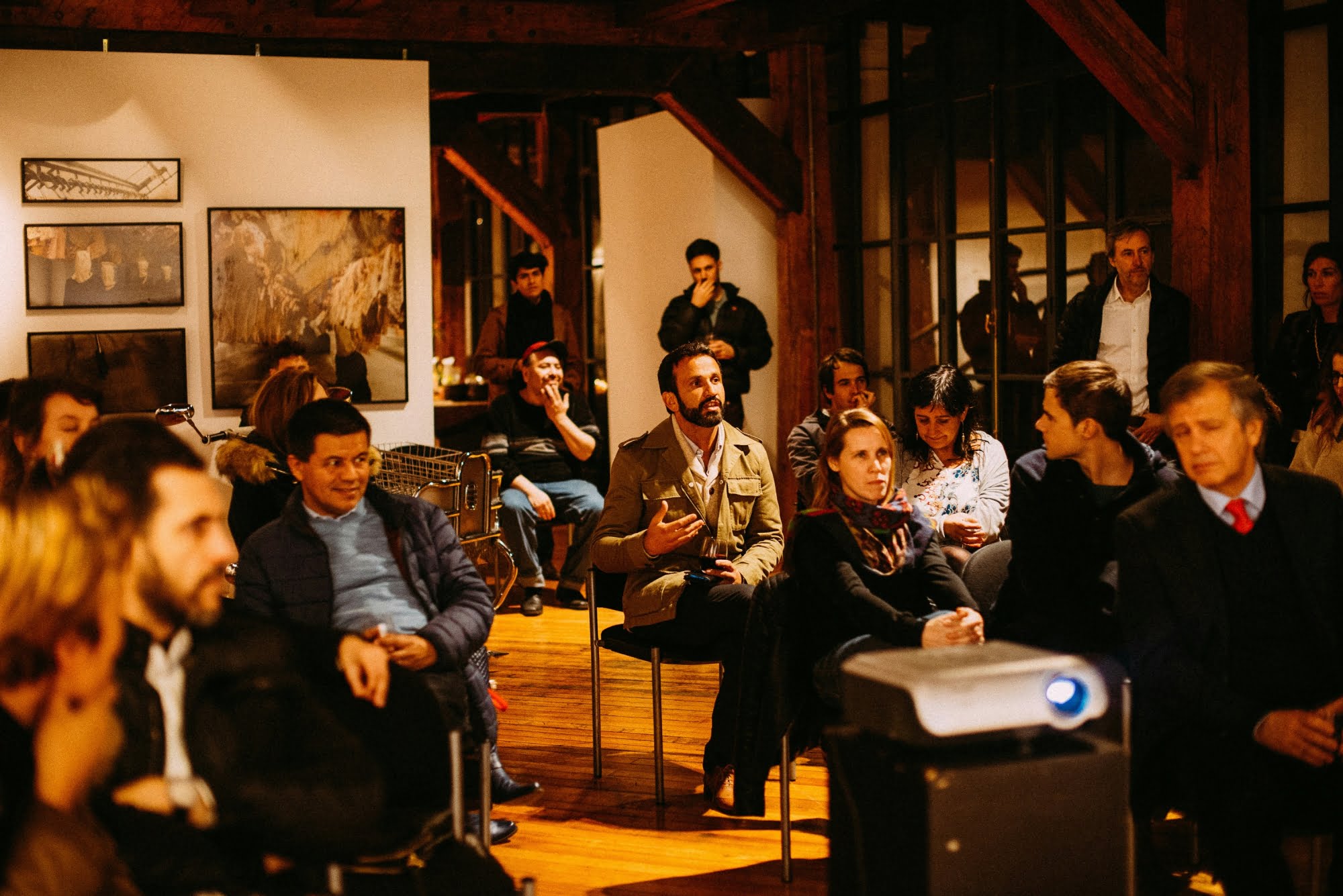“Imposter syndrome” is all too common.1 It’s that feeling of not really belonging, not really measuring up, not wanting to be found out.2 It’s definitely something that I’ve felt at times. And some of you have mentioned to me how you feel it in various ways as well.
There’s no time when it’s totally impossible to find yourself surprised by the feeling of imposter syndrome. But sometimes, it may be a bit more likely to creep up, like during professional conferences. In such cases, though, a helpful antidote to “imposter syndrome” is, so to speak, “imposturing.”
Posturing and Imposters
When you attend a conference, of course, you want to make good impressions on friends and colleagues old and new. When this normal desire goes to seed, though, it turns into the kind of academic “posturing.” And it likely won’t take you long to run into such behavior if you attend conferences with any sort of frequency.
Posturing bends your interests and attention around promoting your own work, knowledge, scholarship, status, position, prestige, institution, etc. to the exclusion of interest in others’. As it relates to the issue of “imposter syndrome,” three dimensions are worth noting.
First and most obviously, if you try to promote yourself to others in overly inflated image, you know deep down you don’t measure up to that image. You don’t buy your own bravado, however smooth it sounds. Imposter syndrome is a natural result.
Second and reflexively, if you compare yourself to others’ public images, you’ll always always find someone else with more or better something than you. That could be expertise, status, institutional affiliation, or anything else. Comparison too sows the seeds of imposter syndrome.
Third, it’s always possible—especially at larger conferences—that you’ll run into or give a paper in a session with some seemingly omni-competent polymath in the audience. And that polymath might have an arm’s length worth of reasons you don’t measure up, or even just a skeptical glance. These kinds of interaction can also provide fertile beds where imposter syndrome can grow.
Imposturing and Openness
Or you can take an alternative approach. Instead of posturing, you can try its opposite—“imposturing,” as I’m calling it here. Imposturing doesn’t mean you avoid talking about your work. It doesn’t mean you don’t or shouldn’t think you have a real insight, even if you weren’t able to communicate it to the satisfaction of the omni-competent polymath.
 Instead, imposturing requires a fundamentally different orientation.3
It’s a kind of academic humility that requires not “thinking less of yourself” but “thinking of yourself less.”4
Instead, imposturing requires a fundamentally different orientation.3
It’s a kind of academic humility that requires not “thinking less of yourself” but “thinking of yourself less.”4
Imposturing means you turn away from the question “What do they think of me?” Instead, you ask questions like “What can I glean from this interaction? And what can I contribute that might enrich it for others?” As you do, you’ll likely find the voice of imposter syndrome quite down—maybe even vanish.
“What do they think of me?” creates a one-way evaluative judgment. “What can I glean? And what can I contribute?” create imposturing dialog. And the better dialog is, the more it opens you to others—and them to you—in a way that bypasses imposter syndrome.5
Of course, this dialog might break down. A person you meet or a session you attend might not reciprocate your imposturing attitude. They might instead go for posturing.
You can’t control that. But you can choose a different response. Rather than posturing in return, you can choose to imposture. You can choose to say a firm, inner “no” to specter of imposter syndrome.6 And you can choose to respond with kindness and grace to others, extending to them the compassion of which their posturing attests them to be so much in need. You can still orient yourself to dialog and learning even if those aren’t reciprocated.
Conclusion
In conclusion, it’s sometimes striking how some of the sharpest scholars wear their scholarship most lightly. It’s always particularly encouraging when those at the forefront of whatever sub-field clearly have an imposturing attitude themselves. And perhaps this is something we should all strive to do more of—both for our own sakes and for the sakes of those with whom we interact.
-
For another excellent discussion, see Nijay Gupta, “Be Not Afraid: SBL and the Specter of Imposter Syndrome,” Crux Sola, 20 November 2019. ↩︎
-
This formulation is a very fine one. It is often but apparently mis-attributed to C. S. Lewis per the C. S. Lewis Foundation. ↩︎
-
Cf. Hans-Georg Gadamer, Truth and Method, ed. and trans. Joel Weinsheimer and Donald G. Marshall, 2nd ed., Bloomsbury Revelations (affiliate disclosure; London: Bloomsbury Academic, 2013). ↩︎
-
Edith Eger, The Choice: Embrace the Possible (affiliate disclosure; New York: Scribner, 2017). ↩︎
